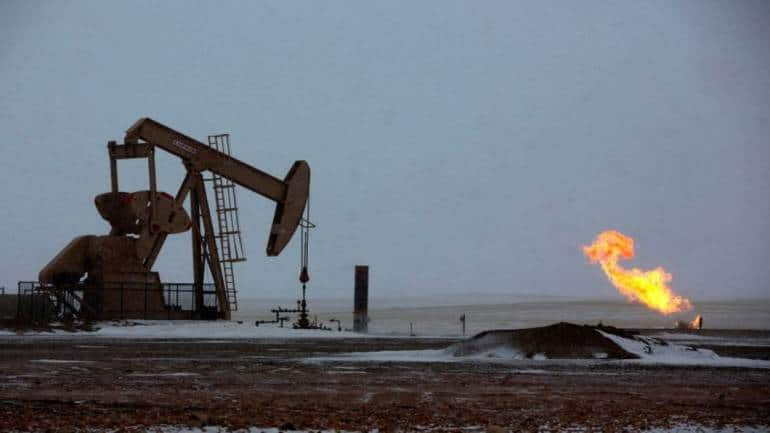
OIL PRICES JUMP ON ISRAEL’S DECISION TO RESPOND TO MISSILES-ATTACK BY IRAN
Crude oil prices on April 16 climbed towards $91 a barrel following rising tensions in the Middle East after Israel decided to respond to Iran’s missile attack on the country.
Benchmark Brent opened higher at $90.57 per barrel, up 0.52 percent from the previous day’s close, on April 16. Oil prices on the previous day had fallen to $88.93 a barrel during the day on anticipation of easing geopolitical tensions in the Middle East as the US refused to participate in Israel’s retaliatory strikes on Iran. Brent settled at $90.10 a barrel on April 15.
However, according to a Reuters report, Israel's military chief on April 15 said Tel Aviv would respond to Iran's weekend missile and drone attack, sending oil prices again on an upward trajectory.
Analysts say rising oil prices pose a significant threat to Asia-Pacific economies as most countries are net-importers of oil. “The escalation of tensions in the Middle East over the weekend poses a significant threat to Asia-Pacific economies. The key risk comes from higher oil prices,” a note by Moody’s Analytics said on April 14.
India situation
India, which imports 85 percent of its crude requirements, remains highly sensitive to the situation. Rising oil prices pose a challenge for the country’s economy and state-run oil marketing companies which deal in importing oil from other countries—including Middle-Eastern countries such as Iraq and Saudi Arabia.
Apart from rising crude prices, tensions in the Middle East have also led to increased freight charges. Due to the Houthi attacks shipping costs have risen for Indian firms as leading freight companies are taking safer but longer routes.
Moody’s said if the conflict in the Middle East escalates oil prices could jump to more than $100 per barrel. “…The second, and far more damaging, scenario would see an escalation in the conflict as Israel forcefully responds to the attack. Were that to occur, oil prices could jump to more than $100 per barrel,” said Moody’s in the note.
On April 13, Iran fired over 300 drones and missiles at Israel, calling the attack a retaliation to a strike on its consulate in Syria, allegedly by Israel, earlier in the month. Since then Tel Aviv has said it would retaliate and "exact the price from Iran” and has urged for tighter sanctions against Tehran.
So far in 2024 crude oil prices have remained elevated due to tighter supply, shipping risks and attacks by Ukraine on Russian energy infrastructure. In the first quarter of the calendar year crude prices gained 16 percent and now stand at a six-month high, with currently Brent above $90 and WTI, the US benchmark, breaching the $85 a barrel level for the first time since October last year.
As India is a net-importer of crude oil, soaring crude prices remains a challenge for the country.
2024-04-16T08:30:06Z dg43tfdfdgfd